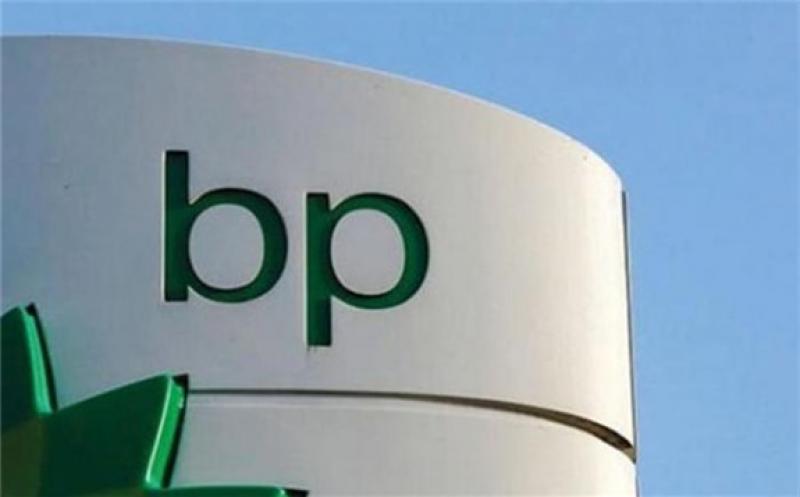Oil companies BP and Russia's Lukoil are looking to withdraw from Iraq, Opec's second-largest producer, as the country's investment environment deteriorates.

"Shell has withdrawn, BP has withdrawn and Lukoil has given formal notice of [its intention to sell] its share to the Chinese. Exxon Mobil has withdrawn," Oil Minister Ihsan Ismael told parliament in a video posted on the ministry's Facebook page.
"The investment environment currently in Iraq is unsuitable for retaining major investors. All the big investors are either looking for another market or another partner. This is a remark that we as an investment environment are unsuitable for major partners."
International oil companies based in Iraq face many security and investment challenges.
Shell, BP, Exxon Mobil, Lukoil, and Italy's Eni are among foreign companies working in Iraq's south.
Last year, after the US assassination of Iranian general Qassem Suleimani in Baghdad, Exxon Mobil's staff left the country.
Earlier this year, Iraq formally informed Exxon Mobil of its plans to buy the company's shares in the West Qurna-1 oilfield. The field is one of the largest in Iraq and Exxon's stake could be as much as $350 million, according to media reports.
"We are not talking about nationalisation ... we have to buy the share from any contractor that wants to exit. We have to buy their share," said Mr Ismael in the video.
However, no payment has been made to Shell or other contractors leaving Iraq so far, he said.
Exxon Mobil was considering selling its shares for not less than $400m, Mr Ismael told members of parliament.
"How much do you think is Exxon Mobil’s profit from Iraq? It doesn’t exceed $100m per year. A small Chinese contractor working in drilling makes that much. Exxon Mobil is withdrawing, it is selling its share for a very small sum," he said.
BP, which is also selling its stake, is the main contractor in the Rumaila oilfield – the country's largest, in which it holds a 38 per cent share.
The oil company operates alongside China National Petroleum Corporation, which has a 37 per cent interest in the field. The remainder is by Iraq's State Oil Marketing Organisation and Basrah Oil Company.
Russia's Lukoil has a 75 per cent operational interest in the West Qurna-2 field in Iraq's south. State-owned North Oil Company holds the remaining stake.
Anglo-Dutch company Shell, which was the lead contractor in the giant Majnoon oilfield in Basra, exited the concession and left it in the hands of the Iraqi government in 2018.
"Shell sold it for $500m. I was the director-general, we did not pay a single fils. In the end, they exited without a fils, them and the partners," said Mr Ismael. "Our investment environment is very destructive."
Shell continues to operate in Iraq through its 25-year Basrah Gas Company joint venture. Last week, the joint venture secured $300m in funding from the World Bank's International Finance Corporation to expand one of the largest gas-flaring reduction projects in the world.